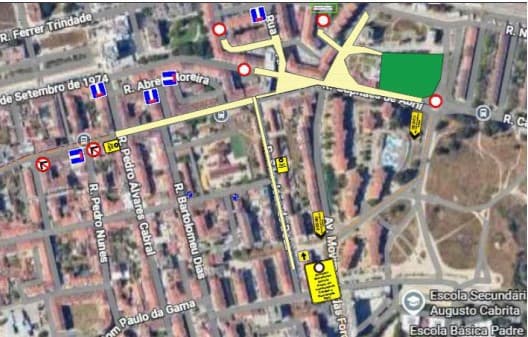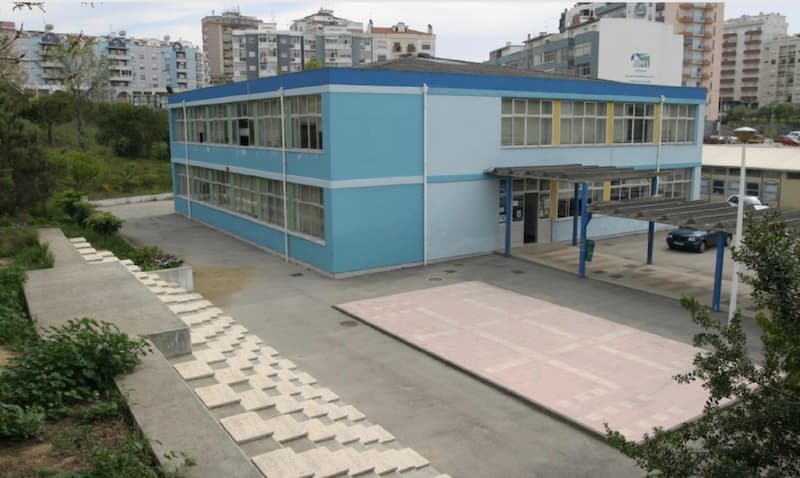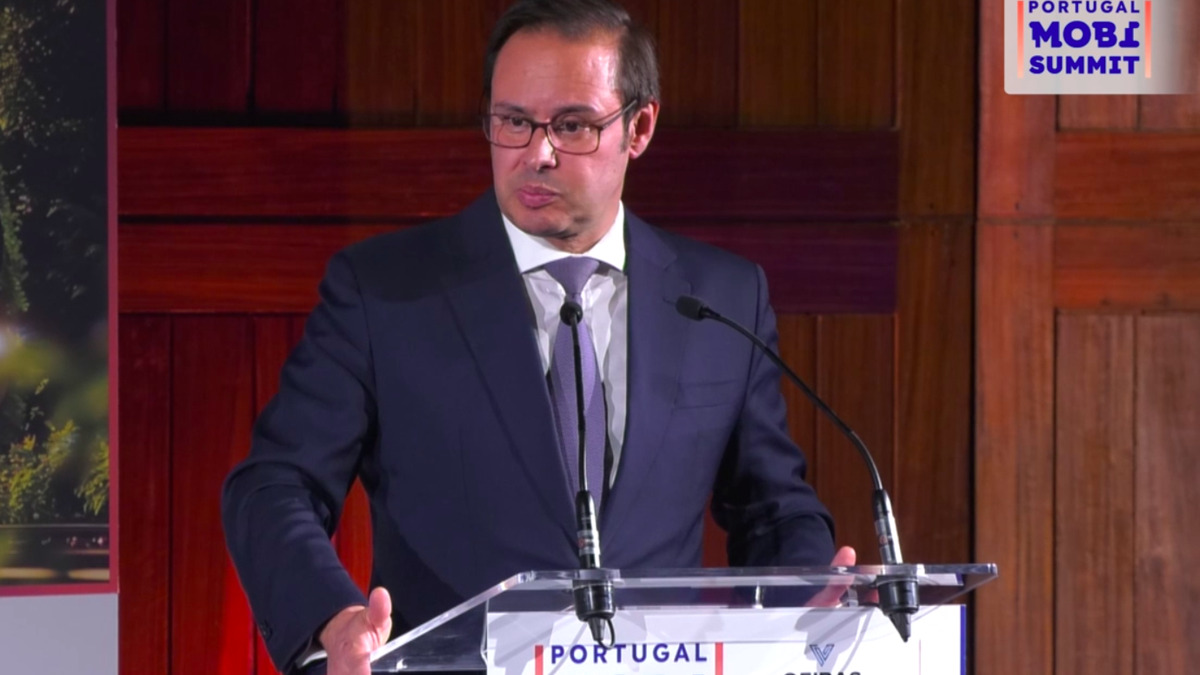Government Pledges Major Road and Rail Overhaul for a Lisbon Metropolitan Area in Flux
A series of transformative public works, including new metro extensions, dedicated bus corridors, and potentially two new bridges over the Tagus River, were promised by government officials and municipal leaders at the 7th Portugal Mobil Summit in Algés. The plans aim to address long-standing transportation bottlenecks across the Lisbon Metropolitan Area (AML), a region of nearly three million inhabitants that generates over a third of the national GDP. The announcements signal a concerted effort to modernize the region's infrastructure, with significant implications for residents, commuters, and the property market.
José Manuel Viegas, Secretary-General of the International Transport Forum, challenged the 18 mayors of the AML to unite behind a next major joint project, building on the success of the integrated 'Navegante' transport pass. Responding to the call, Almada's mayor, Inês de Medeiros, confirmed progress on extending the Metro Sul do Tejo to Costa da Caparica, emphasizing its role in a larger strategic vision. "The metro extension only makes sense if it connects to Trafaria, thereby enhancing the river transport link to Algés, which is a true multimodal interface," she stated, highlighting a shift towards integrated metropolitan planning. This project is part of the broader 'Arco Ribeirinho' plan, which aims to revitalize the South Bay's connectivity with Lisbon. Investors looking into this developing area should consider the risks and opportunities of new builds that will likely follow these infrastructure upgrades.
The mayor of Seixal, Paulo Silva, echoed the need for better cross-river transport, criticizing the current state of the ferry service. "There was an investment of tens of millions of euros in new electric ships that are not providing proper service... people don't trust the river transport," he lamented, pointing to frequent cancellations that push commuters onto the already overburdened railway system. He insisted that all transport modes must be reliable to win public confidence.
On the northern bank of the Tagus, mobility issues are equally pressing. Nuno Piteira Lopes, the newly elected mayor of Cascais, announced his intention to pursue a joint management model for the Cascais train line with the municipalities of Oeiras and Lisbon. "We will seek an alignment... to discuss with the Government the conditions under which these three municipalities can commercially manage the railway line and its stations," he said, adding that the ultimate goal is to offer free rail travel to residents, workers, and students in the municipality, extending the current free road transport policy. This aligns with the broader geographic deep dives that show how localized policies can impact living standards.
Need Expert Guidance?
Get personalized insights from verified real estate professionals, lawyers, architects, and more.
Isaltino Morais, the mayor of Oeiras, highlighted the long-delayed LIOS and SATU light rail projects and championed the new Bus Rapid Transit (BRT) corridor planned for the A5 motorway, a project being developed with Lisbon. He criticized the country's "obsolete" and centralized planning model, calling for a reform of the state to empower metropolitan-level governance. "For the first time, measures are being taken that are integrative... but we then collide with situations that have to do with the type of government we have," Morais stated.
Hugo Espírito Santo, the Secretary of State for Infrastructure, confirmed that a negotiation committee with the motorway concessionaire, Brisa, is actively discussing the A5's future and the integration of the BRT. He also revealed plans for the "road reconversion of the Portuguese capital following the closure of the Portela airport," which will free up 750 hectares of land for new urban solutions. However, he issued a stark warning regarding the financing of future megaprojects. "Let me be very clear... If there are no tolls, we might still manage to build the third Tagus crossing, but I can assure you we will not build a fourth Tagus connection. We must embrace the user-payer principle," he declared, linking future development to financial sustainability.
The summit also touched upon the new airport, with Maria do Rosário Partidário, head of the Independent Technical Commission, stating that the project could be operational by 2031 if the will was there. This flurry of announcements underscores a critical moment for the AML, as decision-makers grapple with decades of underinvestment in infrastructure. For those interested in the region's development, keeping track of these construction updates is essential. Understand policy impacts on your Portugal property plans at realestate-lisbon.com.





